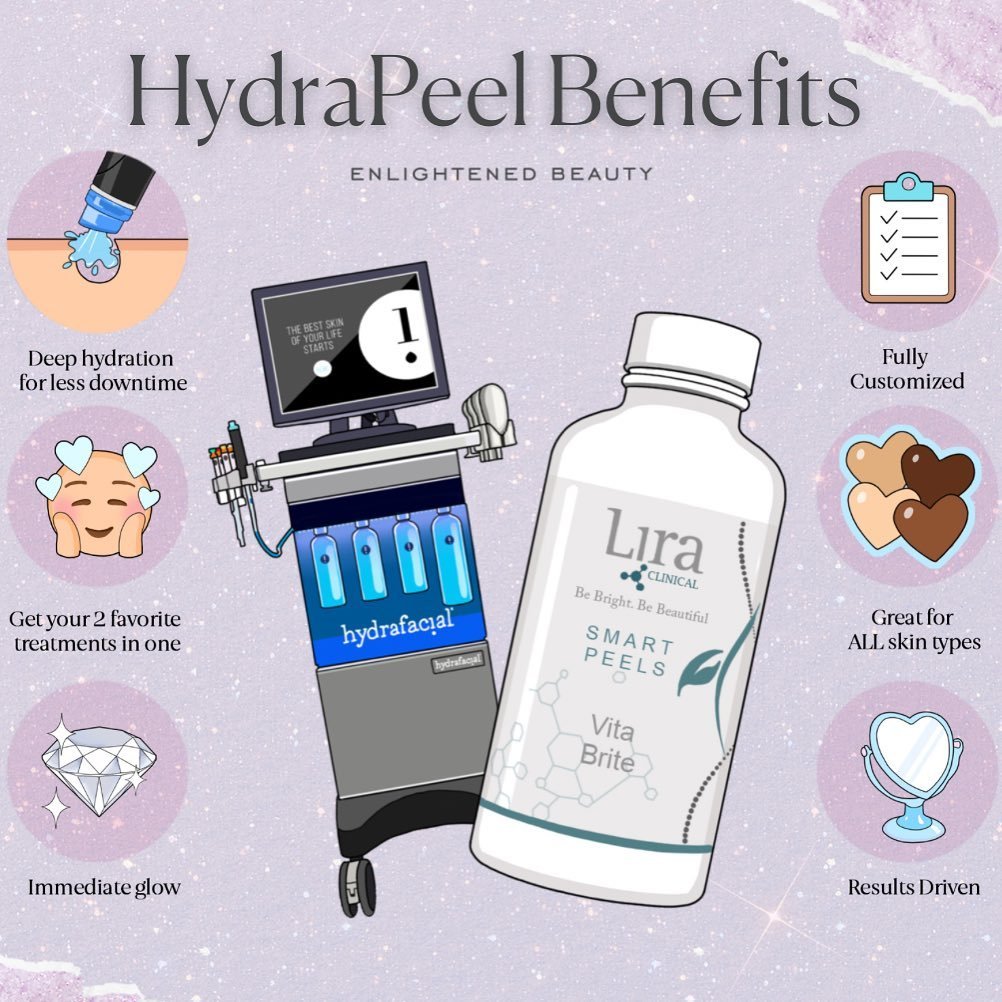
Can I Use Niacinamide During Pregnancy?
There are certain ingredients in skincare that should be avoided completely during pregnancy. These are usually the obvious ones, such as retinol and salicylic acid. However, when it comes to other ingredients like niacinamide, things can be a little confusing. Generally speaking, niacinamide is known for its ability to be applied to the skin with virtually no side effects. The question, however, is whether this clever powerhouse can be used safely during pregnancy.
Before we dive in, let’s quickly summarize what niacinamide does for the skin.
What is niacinamide?
Niacinamide is a form of vitamin B3 that can be taken as a supplement or used in a variety of skincare formulas.
Helps in the growth of the ceramide barrier, which sits on the outer surface of the skin.
Acts as a humectant, ensuring that water is trapped on the outer surface of the skin, retaining moisture.
Minimizes the appearance of pores, helping you achieve a smoother, more even skin texture.
Helps regulate sebum (the natural oil in the skin) by regulating the sebaceous glands and their oil production, while preventing excessive oil production.
May fight hyperpigmentation by increasing the production of collagen in the skin and improving dark spots and uneven skin tone.
If you want to learn more about niacinamide and how it affects your skin, read our dedicated blog post.
Hopefully, after this little recap, you now have in mind just how beneficial niacinamide can be for your skin care routine. Now we’ll take a closer look at whether or not you can use niacinamide during pregnancy.
Can you use niacinamide during pregnancy?
Yes, you can use niacinamide during pregnancy as it is considered safe when applied topically on the skin. If you’re already incorporating niacinamide into your skin care routine, you can continue to use it without worrying about it causing problems. However, if you’ve never used niacinamide, I recommend that you consult with a dermatologist or doctor beforehand to make sure you and your skin are comfortable with introducing this powerful substance into your daily routine. This is also great advice for anyone who has previously wanted to introduce a new ingredient or formula into their skin care routine.
An important thing to remember is that Vitamin C and niacinamide should not be used together as they work in similar ways on the skin. When you mix these two ingredients together, you’ll find that they begin to counteract each other, preventing the skin from receiving the benefits at the same time.
What skin care products are safe to use during pregnancy?
This is different for every mom-to-be as there are multiple hormones and how they affect each woman’s skin. Some expectant mothers may find that their previously dry skin suddenly breaks out in a series of zits and acne. Others with oilier skin may experience dry skin. Therefore, it is important to pay attention to how your skin feels after a few months of pregnancy and avoid formulas with high-potency ingredients if possible. Here are some examples of skincare ingredients you can use during pregnancy to keep your skin looking and feeling its best.
Hyaluronic acid
Niacinamide
Azelaic acid
Rosehips
Shea butter as a body moisturizer
Vitamin E
Antioxidants
As I mentioned before, you should consult your doctor, dermatologist, midwife, or medical professional before using any skincare products during pregnancy.
What skincare products should you avoid during pregnancy?
The top skincare products to avoid during pregnancy are as follows:
Benzoyl peroxide
Retinol
Salicylic acid
Essential oils
Chemical sunscreens
Dihydroxyacetone
There are many more, so if you have any concerns, consult your GP. The above ingredients, such as benzoyl peroxide, retinol, and salicylic acid, are often found in products used to fight blemishes, acne, and premature signs of aging. Acne during pregnancy is a common problem, but there are some great alternatives you can use to combat these problems, with ingredients like azelaic acid and bakuchiol, which is also known as a natural alternative to retinol that is just as effective.
Which moisturizers are safe to use during pregnancy?
Yes, of course, depending on what it is made of and how many active ingredients the ingredients contain. Using a moisturizer not only keeps your skin barrier hydrated and balanced, but it also forms a physical barrier on the outer layer of your skin’s surface, protecting the active ingredients of other products. This will help ensure that your skincare routine continues to have the desired effects and that your complexion looks healthy and happy.
Is Hyaluronic Acid Safe During Pregnancy?
Of course, your skin will appreciate hyaluronic acid more than ever during pregnancy. This is because it is suitable for a wide range of skin types, from oily to sensitive. The moisturizing properties of hyaluronic acid lock in moisture around your skin, keeping your skin barrier plump and hydrated. You’ll also find that thanks to the antioxidants found in hyaluronic acid, you can maintain the overall appearance of your complexion and fight signs of hyperpigmentation and discoloration, such as melasma.
Is Vitamin C Serum Safe During Pregnancy?
Yes, Vitamin C serums are safe and effective products to use during pregnancy. Not only do they keep your skin glowing and healthy, they also prevent damage to your skin caused by overexposure to free radicals, such as UV rays, pollution, central heating, and other environmental aggressors that can cause permanent skin damage.
Here is more information on using Niacinamide during pregnancy. Don’t forget to follow us on Instagram for more information. If you have any questions, feel free to contact us!


